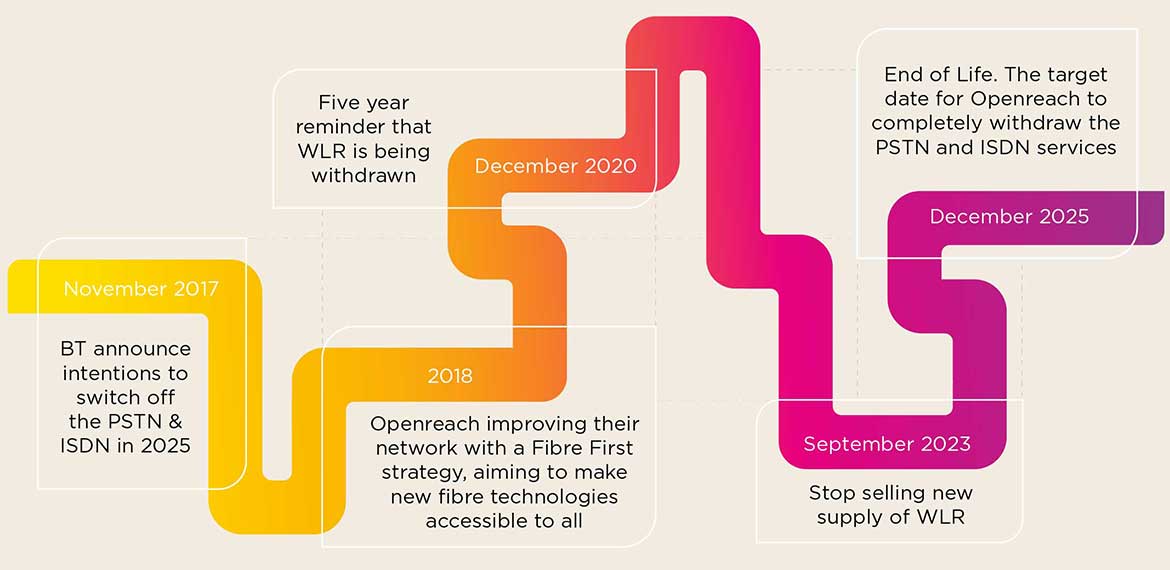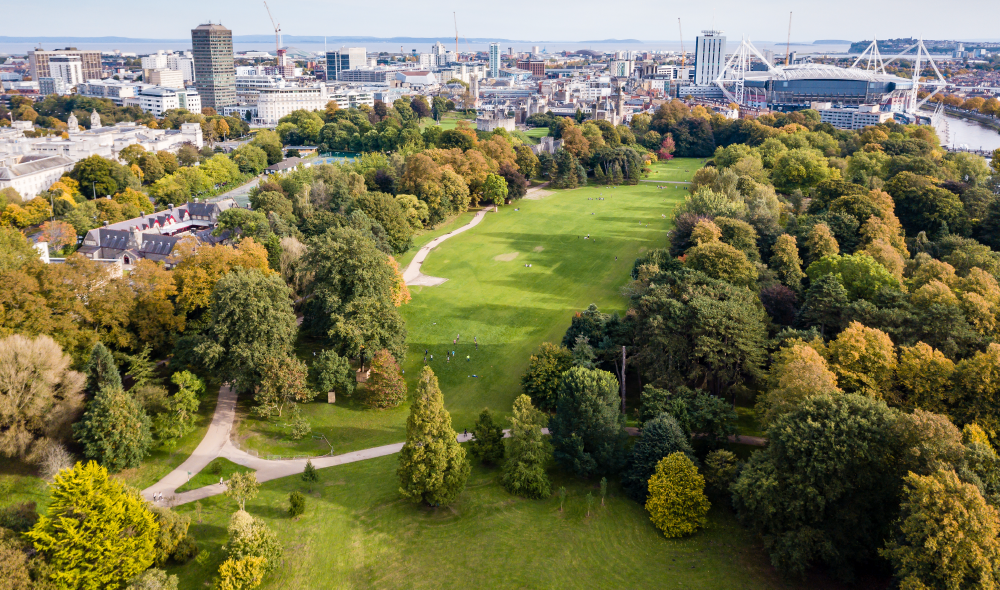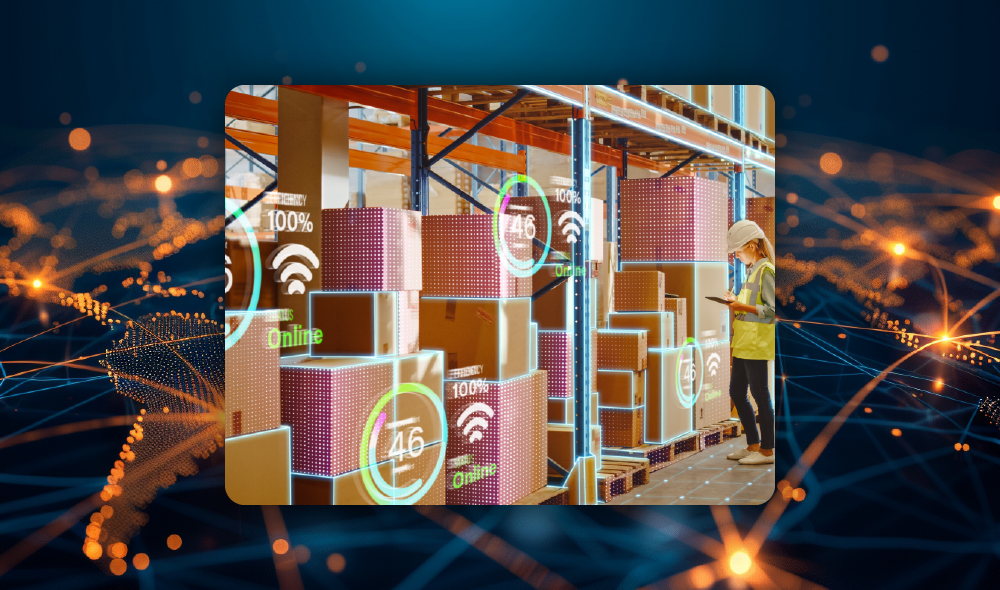In 2025, the Public Switched Telephone Network (PSTN) is being switched off by BT Openreach, which means everyone, including businesses, currently using PSTN-based services will need to move to another service before then.
The alternative? Voice over Internet Protocol (VoIP), a solution that transmits voice calls and data using an internet connection.
This is a major step towards the United Kingdom’s mass IP-network migration, with VoIP core networks set to replace all the legacy PSTN services in just a few years’ time.
What is the PSTN and ISDN Switch Off?
The Public Switch Telephone Network (PSTN) is aging and will reach the end of life in December 2025. The PSTN supports a number of Openreach products which Communication Providers (CPs) purchase at regulated pricing and often sell to businesses and consumers, wrapped up in their own line rental, broadband and call package deal. These include: Wholesale Line Rental (WLR) and Integrated Services Digital Network (ISDN).
ISDN is available in two common variants: ISDN2 supports channels in pairs and you can have between 2 ISDN channels or 8 ISDN channels. ISDN30 is provided for larger business customers usually, with options to have between 8 ISDN channels and 30 ISDN channels on each service. A single ISDN channel will provide a customer with 1 concurrent call at a time. At the end of December 2025 traditional telephony, including fixed lines and services in the Public Switch Telephone Network (PSTN) will be switched off and withdrawn from service.
Why is Openreach withdrawing the PSTN and ISDN network in December 2025?
The Public Switch Telephone Network allows calls to be made over copper telephone lines and fibre telephone lines using analogue signalling and is known as “traditional telephony”. As broadband services have increased in reliability and quality over the past 10 years, the PSTN has evolved to support this change to an almost completely digital network using digital technology. This means there will no longer be a requirement for the majority of traditional fixed line telephony users for fixed-analogue services in the coming years and traditional fixed lines and calls will cease to exist. The priority for Openreach moving forward, is to maintain a high availability fibre first network, as a result their legacy infrastructure and equipment serving the PSTN is now ageing and becoming more difficult to maintain.
What other lines and calls services are impacted by the 2025 closure?
The Public Switch Telephone Network currently supports WLR, ISDN2 and ISDN30, Local Loop Unbundling Shared Metallic Path Facilities (LLUSMPF), Narrowband Line Share and Classic Products. These products are commonly mentioned by providers when discussing the PSTN Withdrawal but most providers fail to mention the connectivity products which are using these services like Asymmetrical Digital Subscriber Lines (ADSL) Broadband and Fibre To The Cabinet (FTTC) Broadband which will be impacted the WLR End of Life project. This is because the underlying line product is being withdrawn, therefore there is no underlying WLR telephone service to support the broadband.
How and when will Openreach start withdrawing service?
Openreach’s method to withdraw WLR and ISDN telephony products is still to be confirmed. Their strategy for UK wide withdrawal is still undefined in regards to if this will be at exchange level, geographical area or premise technology availability. Openreach have begun trailing the withdrawal in two exchanges, with the first starting as early as September 2019. This is the date CPs expect Openreach to issue a formal notification of stop sell in their Salisbury Exchange, Wiltshire. This exchange is the Openreach Full Fibre Trial and is the first of two Openreach Trial Exchanges, which will see full withdrawal of WLR and ISDN by December 2022. The second exchange is the Mildenhall Exchange which will see the first Single Order (SO) trial begin circa January 2020. This exchange will focus on a complete withdrawal of services by the December 2022 also, even if no fibre is available. Premises serviced by the Mildenhall Exchange will be replaced with SOGEA and SOTAP products and the communication provider will need to provide an over the top VoIP replacement service such as a hosted PBX system license or SIP Trunking.
What will happen to Alarm lines, payment terminals and other special line rental services after 2025?
During the Public Switch Telephone Network closure, all these services need to be tested with new IP technology and the SO products. This means alarm line companies, payment terminals, traffic light systems, payphone lines, emergency pendants, dialysis machines, telemetry devices and any other special service must be tested by the equipment manufacturers.
Will Openreach meet the December 2025 Deadline?
Openreach are adamant the December 2025 deadline is set in stone. Public Switch Telephone Network (PSTN) Lines that have not migrated to alternative services in April 2025 will be deemed as Orphaned Assets and Openreach intend to work with CPs to identify and migrate these customer to alternative products by the December 2025 deadline so they do not lose service. The actions to be taken are yet to be defined and the difficulties identifying the use of the line, and in some cases the end user customer, along with the contractual agreement to move is still to be confirmed but be assured, services will be withdrawn and customers will be impacted should they not move in time.
Credit article and imagery: Digital Wholesale Solutions | www.digitalwholesalesolutions.com



